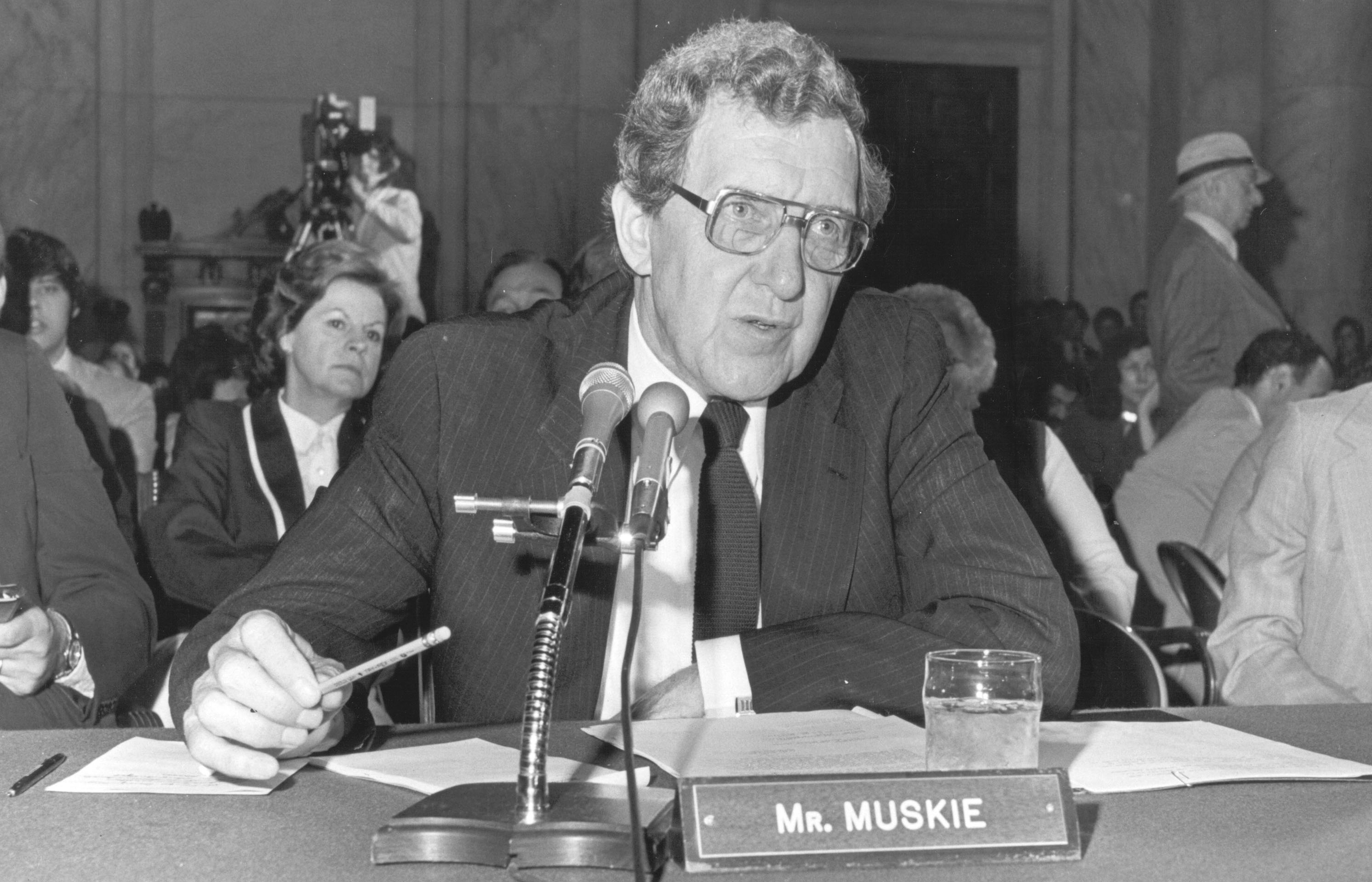
Edmund S. Muskie Oral History Collection
Document Type
Oral History
Loading...
Publication Date
10-9-1998
Interview Number
MOH 050
Abstract
John Cancelarich was born in New York City on April 8, 1930. His parents were from Austria- Hungary. His father was an asbestos worker, a Republican, and an ardent union supporter. He had one younger sister (a school teacher in Westwood, NJ). He was raised in NYC and attended Stuyvesant High School and NYU College of Engineering (Bachelors and Masters). He worked for American Cyanamide Company (a pharmaceutical industry) and was drafted and sent to Fort Dix, and then to Fort McLellan, Alabama for chemical school, then sent to Pine Bluff, Arkansas where he worked in biological warfare and met his wife, Johnny. He then worked for Vahlsing, Inc. in Easton, Maine, running a potato processing plant. He and his wife have four children, two of whom still live in Maine.
Use Restrictions
Copyright Bates College. This transcript is provided for individual Research Purposes Only; for all other uses, including publication, reproduction and quotation beyond fair use, permission must be obtained in writing from: The Edmund S. Muskie Archives and Special Collections Library, Bates College, 70 Campus Avenue, Lewiston, Maine 04240-6018.
Recommended Citation
Nicoll, Don, "Cancelarich, John oral history interview" (1998). Edmund S. Muskie Oral History Collection. 68.
https://scarab.bates.edu/muskie_oh/68


Scope and Content Note
The interview includes discussions of: the pharmaceutical industry; the Wagner Act; the influence of Mayor La Guardia in NYC; stories about Freddy Vahlsing; his time spent in jail on charges of violating pharmaceutical patents; the involvement of Vahlsing Inc. and George Mitchell in a scandal over the pollution of the Prestile Stream; Muskie’s involvement with the start of a sugar beet processing plant; selling part of Vahlsing Inc. to Arm & Hammer; the Area Redevelopment Administration; the 1968 Democratic National Convention; the UMPI speech; problems with the Food and Drug Administration; a conversation with Kitty Dukakis about her first marriage; and Muskie’s influence on the Democratic Party between 1954-1968.